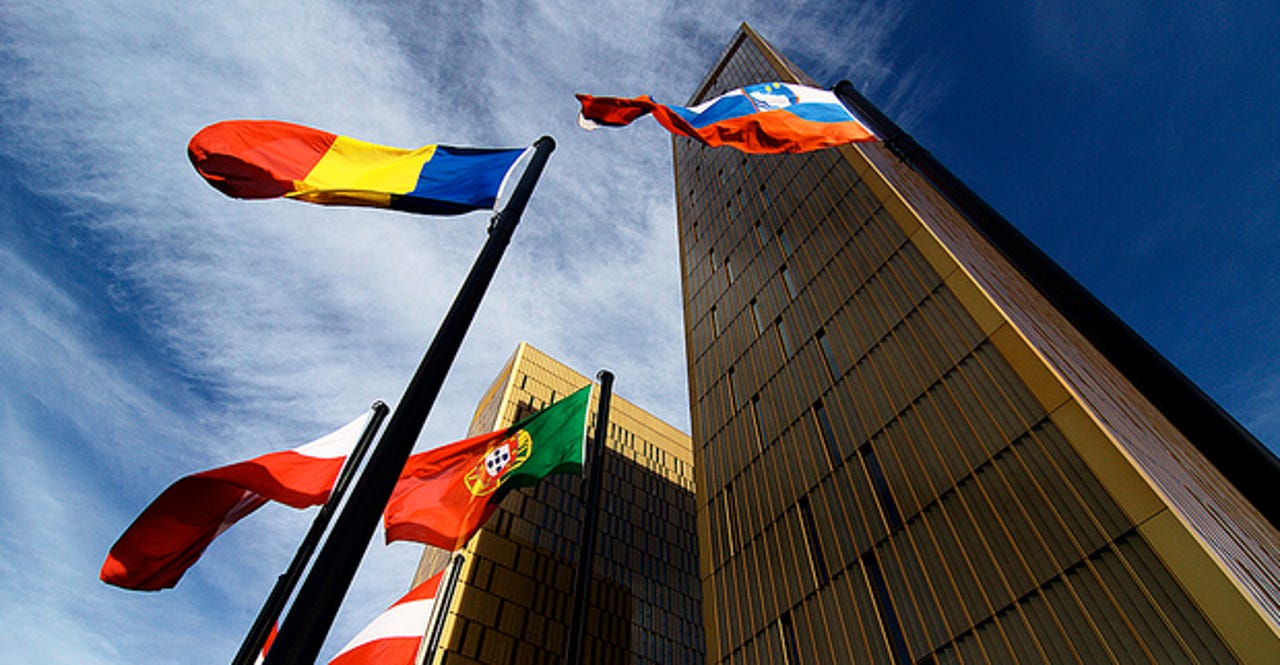Social networks cannot be forced to filter content, EU court says

The highest court on the continent, the European Court of Justice, ruled this morning that social networks cannot be compelled to install filters, monitoring or blocking systems to prevent the illegal trading of music, films, and other copyrighted material.
The court ruled that requiring such filters that covered all of the site's users would not sufficiently strike a balance between the protection of copyright, and the freedom to conduct business. And, of course, to upload pictures of your cat without fear of harm from copyright groups and the like.

This comes after a Belgian court referred the case to the ECJ. In 2009, Sabam, the Belgian royalty collecting group, filed a case against a social network to impose filtering systems to prevent file-sharing on the site.
The ECJ ruled that forcing a social network, or a similar business, to apply such filters would result in companies having to install "complicated, costly, permanent computer system at its own expense."
It's not the first time the ECJ has jumped in to prevent widespread changes to European networks.
In a similar case, a previous judgement ended a long running battle between Belgian web provider Scarlet and rights-holder group Sabam. The case began when Belgian rights management group took Scarlet to court over its customers’ use of unauthorised peer-to-peer sharing of copyrighted material.
Sabam asked the Belgian courts to fine the company €1,000 ($1,300) a day for "failing to prevent access to its portfolio," according to the Wall Street Journal.
A court in Brussels initially ordered Scarlet to filter its network to prevent further infringement on Sabam’s works. But the web provider, unhappy in the decision, appealed to the appeals court. The ECJ then took on the case, and it was eventually won, effectively ruling out SOPA-like laws in Europe.
Today's judgement can be found online. [PDF]
The judgment can be found online.
Image source: Gwenaël Piaser/Flickr.
Related: